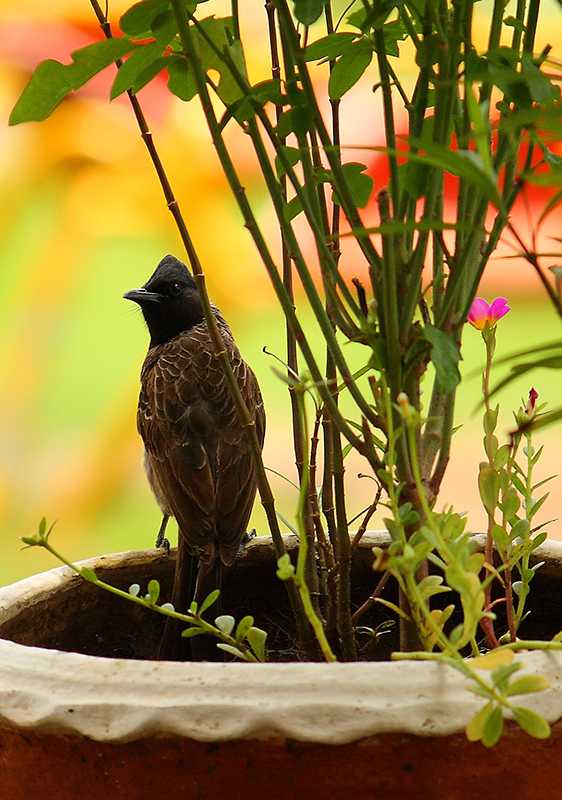FWP:
SETS == POETRY;
WORDPLAY
SOUND EFFECTS: {26,7}
As we head into the first line, what an enjoyable little shock it is to run up against the striking juxtaposition kyā gayā goyā ; then just to round things out, the line ends with another gayā . (In Urdu script, kyā and gayā not only sound fairly similar but also look almost alike.) The possibilities of goyā , which literally means 'speaking' and thus by extension has come to mean 'so to speak', are beautifully exploited; for more on this, see {5,1}. The verse thus offers us speaking [goyā], hearing [sun kar], and reciting [ḳhvāñ]. What more does poetry require? In fact the verse describes not merely a school but-- as Faruqi notes-- a poetic forum, a metaphorical adabistāñ . And as in any school or literary gathering, the entry of a master, an Ustad , immediately evokes a reaction.
In this case, as Faruqi observes, the speaker doesn't even provide the finished product, but only offers some raw material: it's his laments themselves that inspire or instruct or goad-- we can't determine the exact mechanism-- the Nightingales into producing, 'reciting', ghazals. Our inability to tell exactly what's going on between the teacher and the pupils is also lovely in its way. Isn't that what learning is like in the real world-- and poetic inspiration as well? Inspiring and instructing and goading-- who can really tease them apart?
Compare {123,5}, in which a bird becomes a professional rival in poetry.

Nazm:
That is, the Nightingales began to recite ghazals in the way that [pupils] recite lessons in a school. It's the Nightingale's habit, when he hears a fine voice, to imitate it. (119)
== Nazm page 119